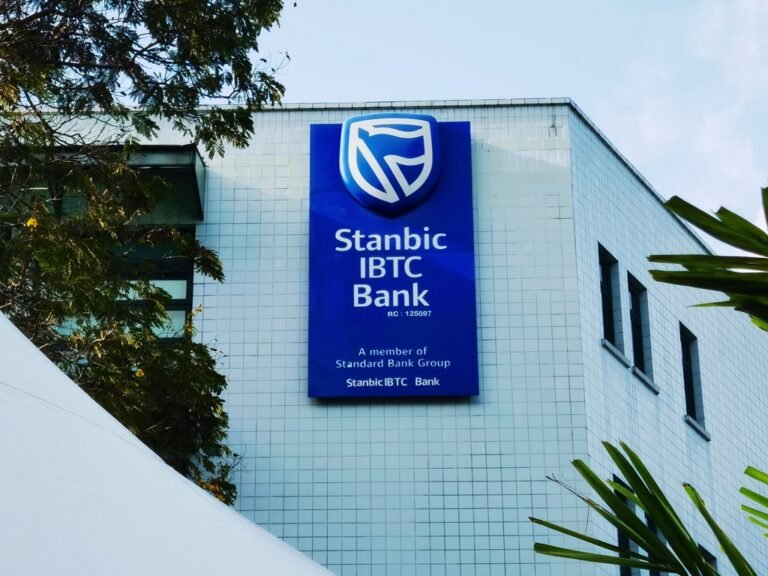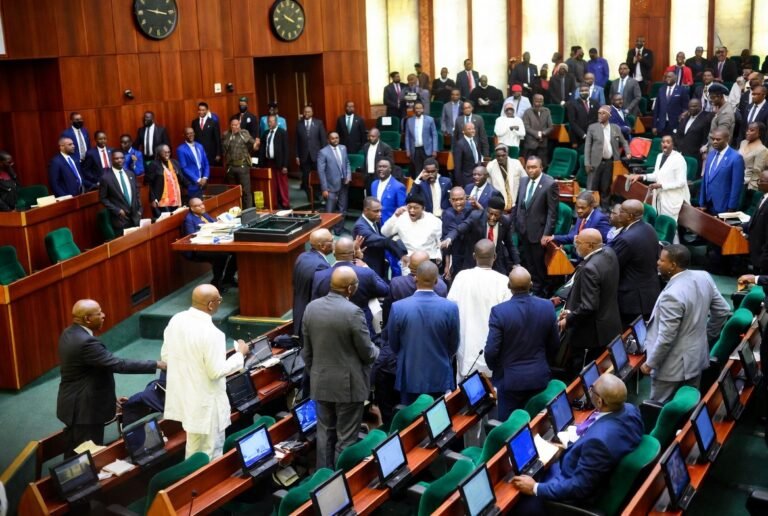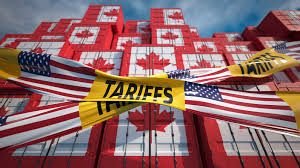Former Governor of Ekiti State, Ayodele Fayose, was on Wednesday Morning acquitted of a ₦6.9bn money laundering charge brought against him by the Economic and Financial Crimes Commission (EFCC) after the court ruled that the Economic and Financial Crimes Commission failed to link him to the alleged crime or establish a prima facie case to warrant him opening his defense.
While there are no actual figures to represent EFCC’s conviction rate over the years, Fayose’s acquittal is the latest in a long list of cases where the EFCC has failed to secure convictions in the last 20 years despite building up cases for a considerable length of time.
EFCC’s Long History of Botched Cases
Ayodele Fayose
The former Governor of Ekiti State was first arraigned by the EFCC in 2018 on an 11-count charge of money laundering and misappropriation of funds, involving approximately N6.9 billion, following allegations of diverting public funds during his tenure as Ekiti State Governor.
In July 2025, after a seven-year trial, the Federal High Court dismissed all charges against Fayose, effectively acquitting him.
Andrew Yakubu
The EFCC arraigned the former Group Managing Director of the Nigerian National Petroleum Corporation (NNPC) for allegedly stockpiling $9.7 million in cash in a Kaduna slum and charged him with money laundering and related offenses.
Yakubu, however, claimed the money was a gift from friends and well-wishers, and in April 2022, the Federal High Court, presided over by Judge A. Mohammed, discharged and acquitted Yakubu, citing the EFCC’s incompetence in handling the case.
Attahiru Bafarawa
Bafarawa, a former Governor of Sokoto State, was arraigned by the EFCC on charges of criminal breach of trust and diversion of public funds, including N4.6 billion allegedly received as a security fund from the office of the former National Security Adviser, Sambo Dasuki, in 2018.
However, in 2018, a Sokoto State High Court discharged and acquitted Bafarawa of the 25-count corruption charges, finding insufficient evidence to convict.
Adebayo Alao-Akala
The EFCC arraigned former Governor of Oyo State, Adebayo Alao-Akala, in 2007 on an 11-count charge of criminal conspiracy and fraudulent practices involving N11.5 billion. The charges included allegations of conspiring with Hosea Agboola (former Commissioner for Local Government and Chieftaincy Affairs) and Olufemi Babalola (CEO of Pentagon Consults).
However, after an 11-year trial, Mohammed Idris, the presiding judge, in 2018 discharged and acquitted Alao-Akala, stating the evidence presented by the EFCC was “too low on credible evidence.”
Ikedi Ohakim
The EFCC prosecuted former Imo State Governor Ikedi Ohakim for allegedly paying over \$2 million in cash for land in Asokoro, Abuja, and later charged him with money laundering.
In July 2023, a Federal Capital Territory High Court in Abuja dismissed the case as “an abuse of court process” and acquitted Ohakim and six others accused of conspiracy, theft, and laundering N3 billion.
Bello Adoke
Bello Adoke, an ex-Attorney General, On 28 December 2015, Adoke was invited by the EFCC for questioning over the Malabu Oil deal. He was specifically questioned in connection with the missing N6.18billion recovered Abacha loot recovered from the Island of Jersey.
He was, however, acquitted in March 2024 for fraud and money laundering. The court found no prima facie case.
Notable Mentions
- Ndudi Elumelu
- Peter Odili
- Adenike Grange and Deputy
Those Who Took Plea Deals
Tafa Balogun
The former Inspector General of Police in 2005 pleaded guilty to money laundering and theft charges involving about ₦13 billion. He entered into a plea bargain under which he returned assets and served just six months in prison, after which he was released in February 2006
Lucky Igbinedion
The former Governor of Edo State initially faced a 191-count charge for embezzling N2.9 billion. In December 2008, through a plea bargain, the charges brought by the EFCC against him were significantly reduced after he agreed to forfeit N500 million and three properties, served six months (or paid N3.6 million) instead of.
Cecilia Ibru
The former Oceanic Bank MD was accused of embezzling over ₦190 billion in an EFCC-led money laundering case. Her plea deal in October 2010, however, led to a conviction on reduced counts and a six-month concurrent prison sentence, plus asset forfeiture .
Diepreye Alamieyeseigha
Former Governor of Bayelsa State, Diepreye Alamieyeseigha, was arraigned on 25 counts of money laundering and corruption involving public funds.
He entered into a plea bargain, and the charges were reduced to three, to which he pleaded guilty. He was sentenced to six months’ imprisonment (to run concurrently) and ordered to return about N191 billion in assets and cash.
Yisa Adedoyin
The INEC official in 2017, in a bribery case tied to Diezani Alison-Madueke, struck a plea bargain. He forfeited a parcel of land worth N23 million and paid a N10 million fine as terms were accepted by the Federal High Court.
Anamekwe Nwabuoku
Nwabuoku, who served as Nigeria’s acting Accountant‑General in 2024, was arraigned alongside Felix Nweke, a former deputy director in the Ministry of Defence, for alleged N1.6 billion money laundering offenses.
In October 2024, Nwabuoku and Nweke submitted a plea bargain proposal to the EFCC, which was forwarded to EFCC Chairman Ola Olukoyede for approval. They sought time to refund ₦1.6 bn under negotiation.
Abdullahi Dikko
The former Comptroller-General of Customs between 2009 and 2015 was accused of misappropriating approximately $8 million during his tenure.
He entered a plea bargain with the federal government, agreeing to refund $8 million, and fulfilled his part by paying N1.576 billion ($5.12 million) to the government before his death in 2021.
Iyiola Omisore
A former Senator and Deputy Governor of Osun State, Senator Iyiola Omisore, was accused of laundering money allegedly misappropriated by former National Security Adviser Sambo Dasuki, involving over N1.3 billion.
He entered a plea bargain with the EFCC to refund N1.3 billion, avoiding a full trial and a potential harsher sentence.
Conclusion
The EFCC, Nigeria’s leading anti-corruption agency, has made some progress over the years, securing convictions in several high-profile cases. However, its overall effectiveness remains in doubt, as many Nigerians continue to question its ability to deliver justice consistently.
Despite having significant time and resources, the agency has often struggled to secure convictions in major corruption cases. These failures are frequently attributed to political interference, poor investigation quality, and the inability to build strong, evidence-based prosecutions.
The widespread use of plea bargains codified by the Administration of Criminal Justice Law (ACJL) of 2007 and the Administration of Criminal Justice Act (ACJA) of 2015 has further undermined public trust. Many believe that these deals allow influential individuals to evade meaningful punishment for serious corruption offenses.
The EFCC has been criticized for its history of botched cases, a trend that is likely to continue unless major reforms are implemented. Altogether, these issues cast serious doubt on the agency’s credibility and its capacity to truly combat corruption in Nigeria.


























